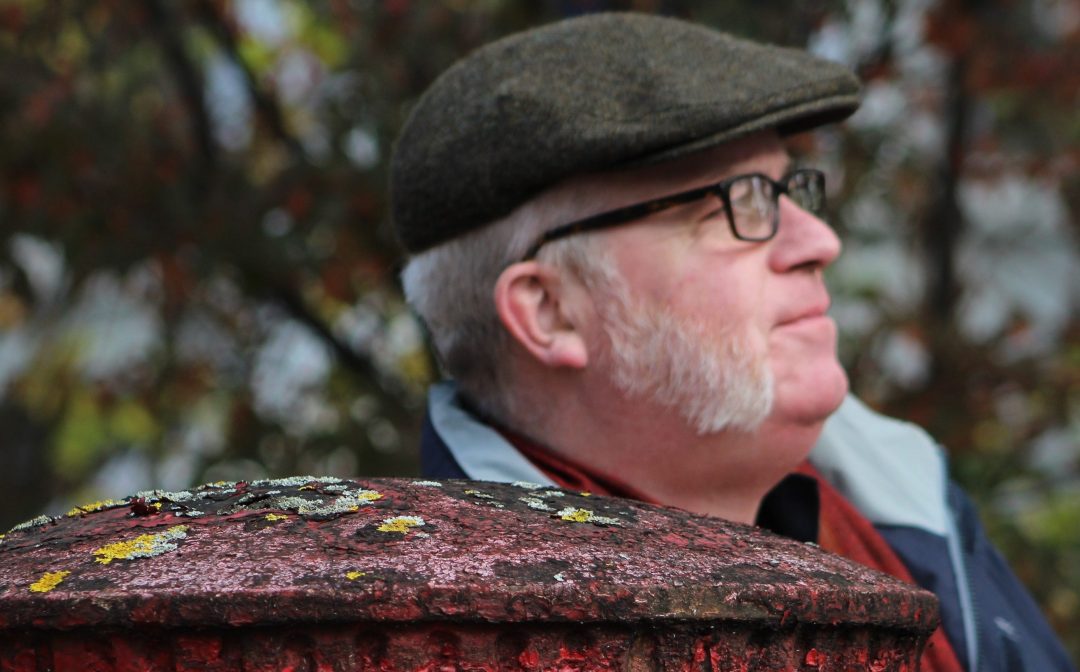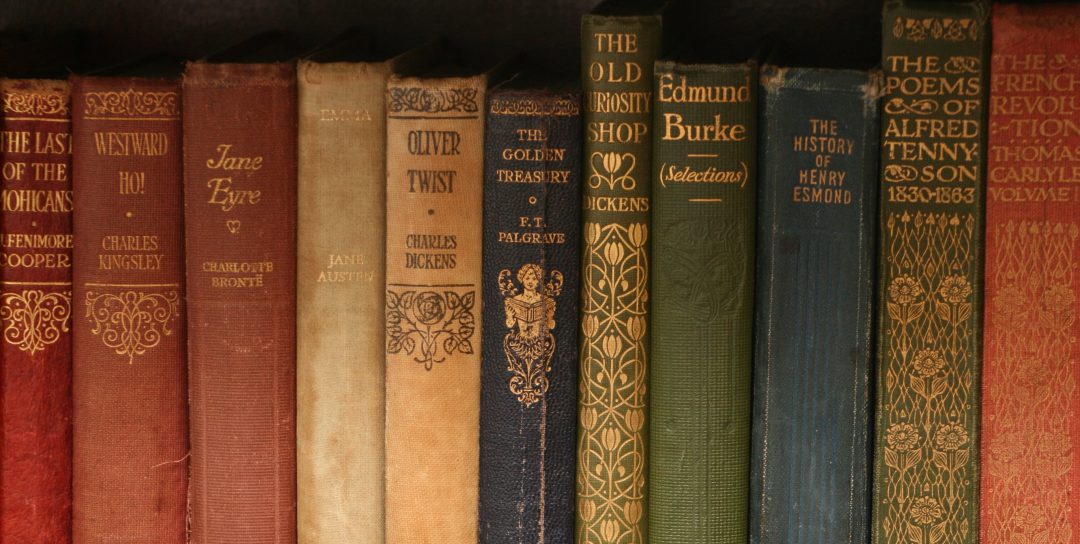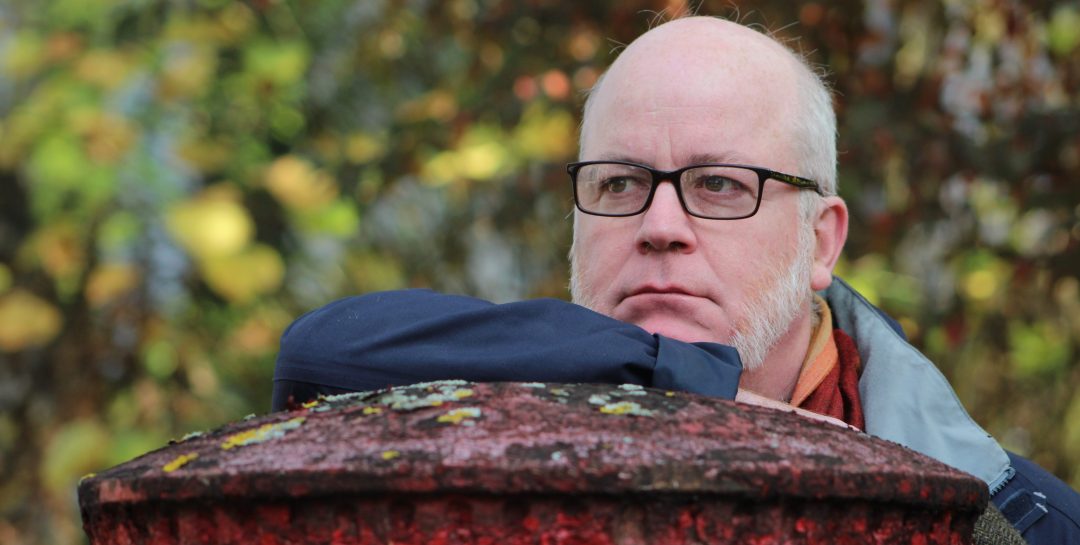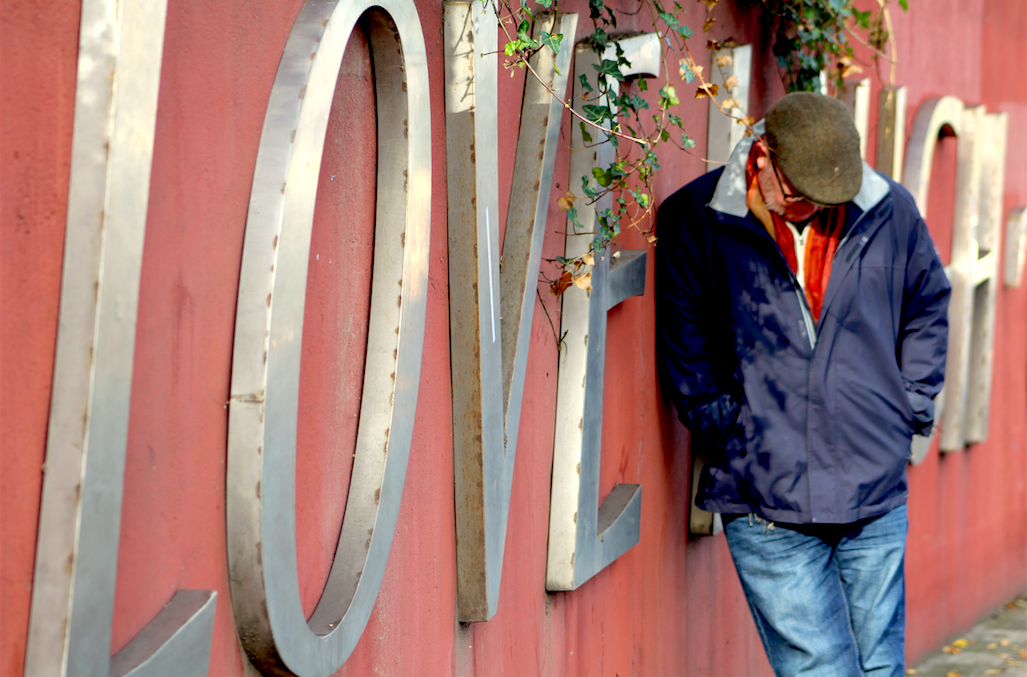About

Robert Cole was born at Redhill General Hospital just in time to see England win the 1966 World Cup. He grew up with six brothers and sisters. Home was pretty suburban but backed on deciduous woods and open farmland. Robert attended Reigate Grammar School, read English Language and Literature at the University of Hull and took a diploma in Newspaper Journalism at The City University, London, in 1989.
Robert has worked as a financial journalist at The Independent, The London Evening Standard, The Times and Reuters. At The Times, Robert worked mostly in the business section but also as a leader writer, book reviewer, lifestyle features writer, home news and chief obituaries writer. In 2015, he won a Reuters’ Journalist of the Year Award. He led the financial journalism specialism at The City University in London for ten academic years between 1995 and 2007 and from 2011 to 2015. He was given an honorary visiting fellowship at The City University in 2008.
Before moving to Brockley, London SE4, in 1999, Robert lived in Stoke Newington, Highgate and Hertford. His wife is called Emma. He has four children: Beth, Jojo, Maurice and Tilly. Robert likes to walk, read, write, garden, take photographs, watch some sport, go to the theatre, cook and muck about with the family. He also has a thing about post boxes; he calls it Trollopsarianism.

About London Poems
London Poems is a slim volume written by a middle-aged English fat bloke. The poems were composed in London, about places in London and in reference to feelings that emerged as the writer found himself processing random thoughts in or near London.
The subjects of the poems are those, pretty much, that have preoccupied practitioners since the year dot. They are about love, loss,self-examination, and the woes of the world. A few more uplifting verses are chucked in to deflect accusations of rank melancholy.
Readers may spot the poets of the great tradition to whom debts are owed. One of the writer’s methods is to match the occasional overflow of powerful feelings to a poem from the canon. It doesn’t matter whether readers’get’these references. It is appropriate, however, to give credit where it is due.
See and hear Robert talk about London Poems
https://www.youtube.com/watch?v=X4117bLit5w
Robert is especially indebted to Elizabeth Browning, William Blake, Gaius Valerius Catullus, John Cooper Clarke, Wendy Cope, Emily Dickinson, TS Eliot, UA Fanthorpe, Stephen Fry, Thomas Gray, Thomas Hardy,Tony Harrison, AE Housman, Patrick Kavanagh, Clive James, John Keats, Philip Larkin, John Milton, Adrian Mitchell, Ruth Pitter, Dylan Thomas, Wilfred Owen, Brian Patten, Christina Rossetti, Vikram Seth, William Shakespeare, Oscar Wilde, WB Yeats, and Benjamin Zephaniah.

An interview with Robert
Hi Robert.
Tell us a bit about yourself.
I was born at Redhill General Hospital just in time to see England win the 1966 World Cup. I grew up with six brothers and sisters in a house beside the main London to Brighton road. Home was pretty suburban but backed on deciduous woods and open farmland. I attended Reigate Grammar School, read English Language and Literature at the University of Hull and took a diploma in Newspaper Journalism at The City University, London, in 1989. Subsequently working as a financial journalist at The Independent, The London Evening Standard, The Times and Reuters, I lived in Stoke Newington, Highgate and Hertford before moving to Brockley, London SE4 in 1999.
My wife is called Emma. I have four children: Beth, Jojo, Maurice and Tilly. I like to walk, read, write, garden, take photographs, watch some sport, go to the theatre, cook and muck about with the family. I also have a thing about post boxes; I call it Trollopsarianism.
Do you have any life mottos or wise words to live by?
Fear the worst; hope for the best.
I like it. What is your earliest memory?
Letting the handbrake off our 12-seater Bedford minibus when it was parked on the hill outside our house. Mum rescued me. The minibus was racing green with bright orange seat covers. It had sliding doors and, when it was hot, Mum and Dada would open them even as we were driving along.
Oh my goodness, that sounds terrifying. Do you have any phobias or recurring dreams?
Yup. I am a fearful person. I particularly dislike conflict, mindless insensitivity and airports…and yes I have recurring dreams, or at least a recurring dream-theme. The scene changes but the plot never allows me resolve the problem or difficulty I find myself presented with.
Yikes. Do you know any good jokes?
No. But I do know what you should do if you see a spaceman. You should park in it, man.
So, I have to ask: what is your all-time favourite book, that you keep going back to?
The Book of Psalms.
Very interesting. When did you discover you enjoyed writing poetry?
I was a teenager. Back then, however, I very fortunately realised the stuff I was writing was so bad I had to give it up. I did promise myself that I would take it up again later in life, though. So I guess I was in my later thirties when I discovered that I liked writing poetry.
Which writers inspire you the most and how do they influence your work?
Philip Larkin is the one, really. It’s the way he combines form and subject and theme. To me, it is also important that Larkin had what you might call a proper job, because it gave him everyday material to draw on. Now of course he is seen as a great poet, and he is. I think of him as a librarian who wrote poetry and liked jazz.
Describe your writing process. Do you have any techniques you use to get your creativity flowing?
There are no techniques I know of that can force the flow of creativity. If some sort of creativity is flowing, though, I try to do some jotting in my notebook, or on whatever scrap of paper comes to hand. I feel almost undressed if I am not in easy reach of a pen.
Back at my desk I will draft a version on my PC. As I do that, I will see if there is a poem from the canon whose form seems to suit the jottings; or if there is a classic poetic form that seems appropriate; or if it seems right to take a free-form approach. I will then spend many hours writing, defining, rewriting, and refining. Then I will apply polish and repeat the process again and again until I am sick of the sight of the piece.
How does a poem begin for you – an idea, picture, feeling, rhythm, or something else?
It’s like Wordsworth said: ‘Poetry is the spontaneous overflowing of powerful feelings.’ I am occasionally successful at capturing the feelings – or impulses – and find the desire to explore them in the creation of a poem. Behind the feelings, usually, are thoughts that I may only discover as I write.

How long have you been working on this collection?
The glib but accurate answer is ‘all my life’. I have been actively writing the poems in this collection since September 2002, and working them up into this book for around three months.
London Poems is a pretty varied collection. Do you write primarily about yourself, or do you often take inspiration from others’ life stories? Or a bit of both?
The poetry is largely observational. I try to avoid writing about myself but sometimes fail in that regard.
What is your personal favourite of the London Poems, if you had to pick just one, and why?
‘Going to Bed’ – because it speaks of the people dearest to me.
How does the collection fit into your life’s work?
It fits in around the edges, in and between my roles as a husband, father, and son, a financial journalist, and a postbox spotter. The poetry is, however, closely intertwined with these things.
Tell me about why you wrote these particular poems at this time of your life. Did any event or circumstance prompt you to write them?
There will be a different story for each of the poems. There are two or three sorts of themes I seem to go back to, though: family, home, and the people and places I love.
In one sentence, what would you want readers to take away from reading London Poems?
Enjoyment.
Tell us something about yourself that most people don’t know.
If you go to Shardeloes Road, near my home in South-East London, you will see a poem on the wall. The steel letters used are three feet tall. All told, it is about 180 yards long. The words are mine.
What are the best and worst things about being a writer, in your opinion?
The best thing is that it beats working for a living. The worst thing is that it doesn’t provide a living.
What’s the craziest thing you’ve ever done?
Publish a book of poems.
Robert, thank you for your delightfully interesting answers, your poetry, and your time.





Recent Comments